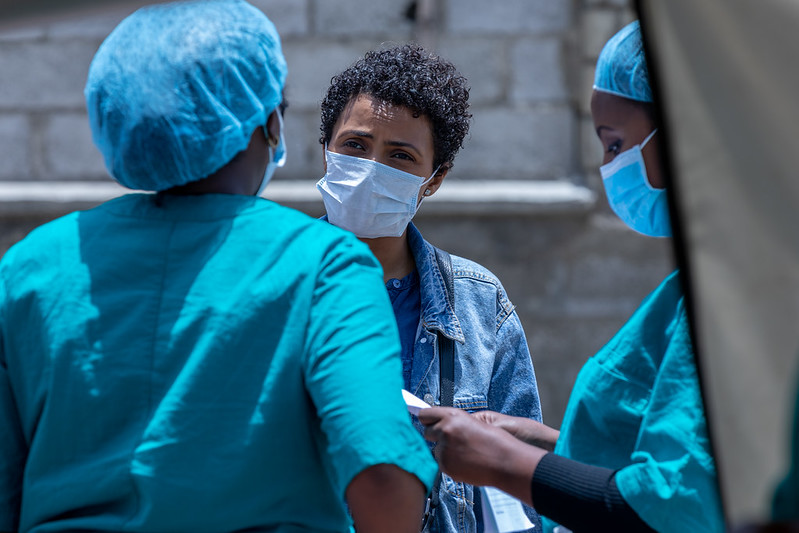Re-orientating capacity building efforts in response to COVID-19

PwC’s Kiran Sura discusses how COVID-19 is affecting international capacity building efforts and what is being done to strengthen them.
International climate negotiations are an unlevel playing field. Put simply, developing countries tend to have much smaller negotiating teams, less technical negotiating capacity and face a myriad of challenges that limit their ability to fully engage in talks compared to their more developed counterparts. Several initiatives seek to level the playing field by enhancing the near and long-term capacity and capabilities of developing country negotiators so that they can fully participate in UNFCCC decision-making processes. However, this task has been made more difficult in light of COVID-19.
Until recently it was business as usual for developing country climate negotiators. Preparations were well underway for climate negotiations scheduled to take place in Germany in June, and the all-important ambition COP scheduled to take place in Glasgow in November. However, COVID has laid rest to these plans.
With many governments across the world instructing people to stay at home and international travel grinding almost to a near halt, climate negotiations have inevitably been pushed back to later this year and into 2021. Climate negotiators from developing countries and those supporting them are having to adjust to working remotely – which has created a new set of challenges.
Developing countries do not have high speed fibre optic broadband, enough bandwidth, reliable connectivity and unlimited personal data allowances. These are the things that have made the shift to virtual working in more developed countries seamless.
Power supply is also a problem in developing countries. Government offices are based in capital cities and on the electricity grid – in ‘normal’ times, these offices use back-up generators during power black-outs (both planned and unplanned). But staff who are sent home to work remotely under coronavirus lockdown often lack back-up generators at home, so they suffer from reduced electricity access, as poorer internet connections. Indeed, IT infrastructure, hardware, software and reliable power supplies are expensive luxuries in developing countries.
This has forced several initiatives to re-evaluate how best to support negotiators during the crisis. Measures taken include redirecting logistical support to increase data allowances for individuals to access online documents and participate in virtual meetings; supporting travel to UN regional offices and other workspaces including hotels (if permissible under local travel restrictions) to access the internet, reliable electricity and services such as printers.
Capacity building efforts have moved to virtual platforms. Training workshops and webinars are being delivered online and repeated multiple times to enable people in different time zones to participate. Negotiators are using the additional preparatory time to commission research to inform their negotiating strategies and positions.
The crisis is still evolving and its impacts, like the climate crisis itself, are regressive, hitting those most vulnerable the hardest. There may yet be more challenges ahead and the risk that developing countries will necessarily have to redirect their efforts to fighting COVID-19 instead of climate emergency. The situation is being monitored closely. It’s certain that negotiations support programmes will need to keep adapting their support, to ensure that developing country individuals can continue to be effective and influential during these challenging times.
Photo: UNICEF Ethiopia/2020/Mulugeta Ayene